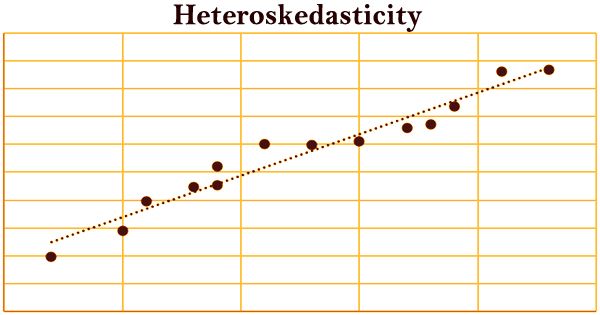As if the Boston startup scene needed any more fuel, it looks, that Toast, a restaurant software company, will significantly increase its valuation in its impending IPO. Toast not only rebounded from early-pandemic layoffs to a public debut but also targeted a value closer to $20 billion than $10 billion, which is a feat for a city arguably best recognized globally for its hard tech and biotech initiatives.
Toast announced an early IPO range of $30 to $33 per share in a new S-1/A filing this morning, implying maximum fundraising of $825 million in its IPO. When Toast raised $400 million in early 2020, the firm was valued at $4.9 billion. Because of growing revenues and a particularly good second quarter, the firm is on track to significantly exceed that value target.

Let us look at Toast’s new IPO price range, compute basic and fully diluted results, and see what we can learn from it. Remember that the company’s revenue is split between recurring software (SaaS) and fintech (payments, mostly).
Their revenue mixes are intriguing, and how Toast pricing might help us better understand how to value vertical SaaS firms with a payments-and-SaaS business model is intriguing.
In its first public offering, Toast is selling 21,739,131 Class A shares. They each receive one vote. Class B shares are worth ten dollars each. Do not purchase into Toast’s IPO with the expectation of having a voice in the company’s destiny.
You are not going to succeed. The IPO is essentially a way for public-market investors to support the company’s present management team — or to refuse to acquire any stock at all.
Toast will have 499,332,681 shares outstanding after its IPO, or 502,593,550 if its underwriters choose to acquire their allotted greenshoe option, regardless of how we feel about corporate governance arrangements meant to eliminate the impact of common shareholders. Toast is valued $14.98 billion at the low end of its estimated IPO price range of $30 to $33 per share, and $16.48 billion at the high end. Toast’s straightforward IPO value ranges from $15.08 billion at the low end to $16.59 billion at the high end, including shares from its underwriters’ option.
















